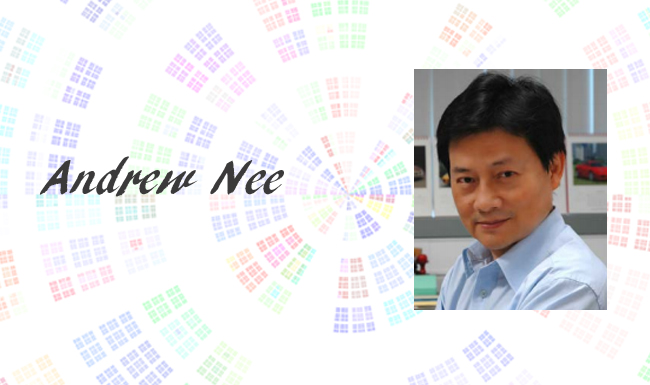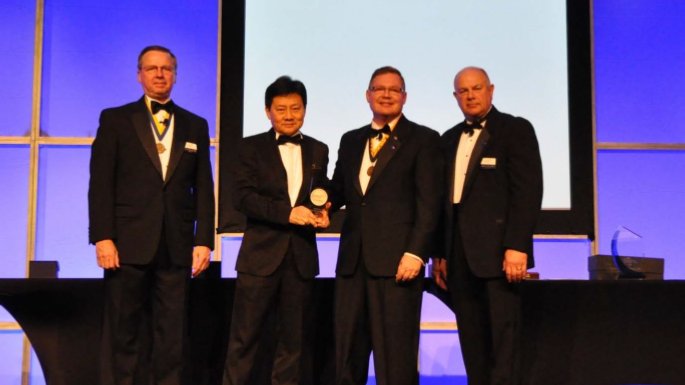
The Asian Scientist 100
Andrew Nee

Professor
Institution
National University of Singapore
Country
Singapore
Field
Engineering
Nee, an expert on the use of computer-aided design in precision engineering as well as an augmented reality pioneer, received the US Society of Manufacturing Engineers Gold Medal in 2014 for his lifetime contributions to manufacturing research.
(Photo: National University of Singapore)
Related articles
Green Bioplastics Can Help Reduce Plastic Waste In Japan
A new study sheds light on the potential of green bioplastics in achieving Japan’s carbon-neutral goals.
Spearheading Singapore’s Sustainable Development
Through applied research and industry collaboration, researchers at the Singapore Institute of Technology address sustainability and circularity issues in the key sectors of food, chemical and biotechnology.
Igniting Innovation—Adec Thng Of EnergyNova
Cleaner energy sources are needed now more than ever before, and Adec Thng of EnergyNova is confident that hydrogen fuel can provide for society’s energy needs.
Asia’s Rising Scientists: Manik Varma
In a world run by algorithms, Dr. Manik Varma is taking machine learning to its extremes.
To Eat Or Not To Eat? The Science Behind Ten Common Food Beliefs
Nutrition expert Professor Christiani Jeyakumar Henry spills the beans on which popular food beliefs are true and which ones should be taken with a grain of salt.
Space Dust Reveals Earth’s Ancient Atmosphere
By analyzing fossil micrometeorites, or space dust, scientists can turn back time to 2.7 billion years ago.
Andrew Nee Awarded 2014 SME Gold Medal
In recognition for his contributions to manufacturing technologies, NUS Professor Andrew Nee has been awarded the 2014 SME Gold Medal.
John Wood, Founder Of Room To Read: Changing The World, One Word At A Time
Asian Scientist Magazine speaks to John Wood, founder of Room To Read, a remarkable social entrepreneur who has built more than 13,000 libraries to improve literacy in the developing world.
Acupuncture May Offer Real But Modest Help For Chronic Pain
An analysis of 29 clinical trials suggests that acupuncture may be modestly better than no acupuncture or sham acupuncture for the treatment of some chronic pain.










